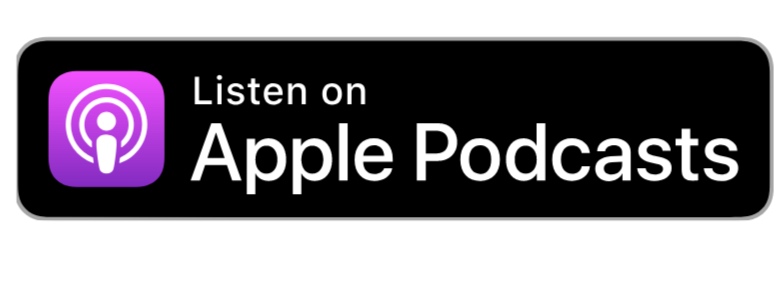What is your advocacy style? Some of us are outspoken and confident while others of us are more timid and slow to react. Often advocacy comes with images of anger and confrontation but what if that is not the way we are wired? Can we still be strong advocates?
Read MoreLaura Hatcher of The Little Lobbyists gives us a pep talk to encourage and equip us to be voices for the disability community.
Read MoreHow can we best come along side individuals with differing abilities? Are we unknowingly offensive or even oppressive? A self advocate tells us.
Read MoreSelf determination is the process by which one controls his or her own life. Most would agree it is important but does that mean we know how make it a reality for ALL individuals with disabilities, especially those with complex communication needs?
Read MoreWhen in need of diapering, individuals with disabilities must either be changed on the floor of a public restroom or return home. It’s time for change and the advocacy group Changing Spaces aims to bring that change.
Read MoreThere is a level of complexity surrounding the new HCBS waiver rulings and also discussion around the Fair Labor Standards Act. This is a must listen to conversation if you plan on utilizing government funding options for yourself or a loved one with disabilities.
Read MoreAdvocating for change in policy and procedures to protect individuals with disabilities who are 7x more likely to become victims of abuse.
Read MoreIndividuals with differing abilities have much to contribute and our communities are lacking with out their presence and influence. This is true in faith based communities as well.
Read MoreMoving from segregated to inclusive school settings is often met with resistance. Does the resistance hold merit and how can educators, students, and parents come against it? What stages do schools pass through when moving toward more inclusive settings?
Read MoreA new inclusionary housing development called The Kelsey is focused on creating an environment of mixed ability and mixed income residents. The Kelsey aims to be more than a housing development, they aim to be a social change organization expanding inclusion possibilities for individuals with disabilities.
Read MoreReasonably priced and easily accessible technology marketed toward able bodied individuals also have the alternative perk of bringing independence and improving quality of life for those with disabilities. Several are explored in this episode.
Read MoreEffectively utilizing assistive technology for individuals with special needs requires more than access to the latest gadgets, apps, and tools. More important is the process leading to the correct gadget, app, and tool.
Read MoreAccessible Educational Materials make it an exciting and promising time for those with print disabilities. Luis Perez points us to the many available resources.
Read MoreTechnology is no longer a perk but a must. Our guest is a special education teacher sharing ways to discover and implement technology into classrooms while on a tight budget.
Read MoreSocial cognition and self advocacy do not always come naturally so will need to be taught. A program at the Center for Brain Health in Dallas Texas called Charisma is teaching clients these and other social skills via a game based learning environment.
Read MoreHow is the adult special needs community going to receive adequate supports, maximum independence, and safety with the limited budgets available in most states?
Could technology be the answer?
Read MoreIpads and smartphones have been game changers for individuals with special needs. Device apps are providing an avenue for communication, learning and independence. BUT, there are over 2 million apps to choose from with over 1000 being added to the store everyday. How can we possibly keep up with what is available and know if they are applicable?
Read MoreJason Hague, author of Aching Joy joins us to discuss the tension we often experience when feelings of joy are paired with feelings of pain. Should we strive to feel one more than the other? Is that even possible?
What about hope? Should we allow it into our lives or is keeping low expectations our only shot at happiness?
Read MorePerson centered planning is not a system or policy but rather a way of thinking. It asks that we momentarily put aside what is currently offered and focus on what is important to an individual with special needs before thinking about what is important for them to fit in the existing system.
Read More***how to find an AAC specialist *** the importance of aided facilitated stimulation *** building communication autonomy *** avoiding prompt dependency *** overcoming common barriers teachers, parents, and support staff face in becoming fluent AAC users
Read More





